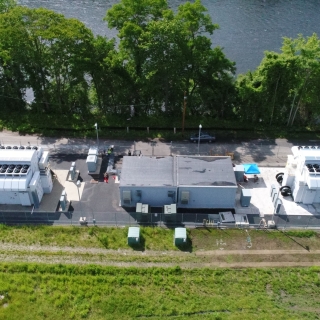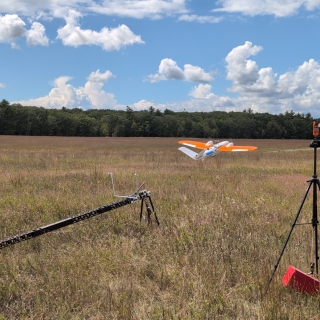
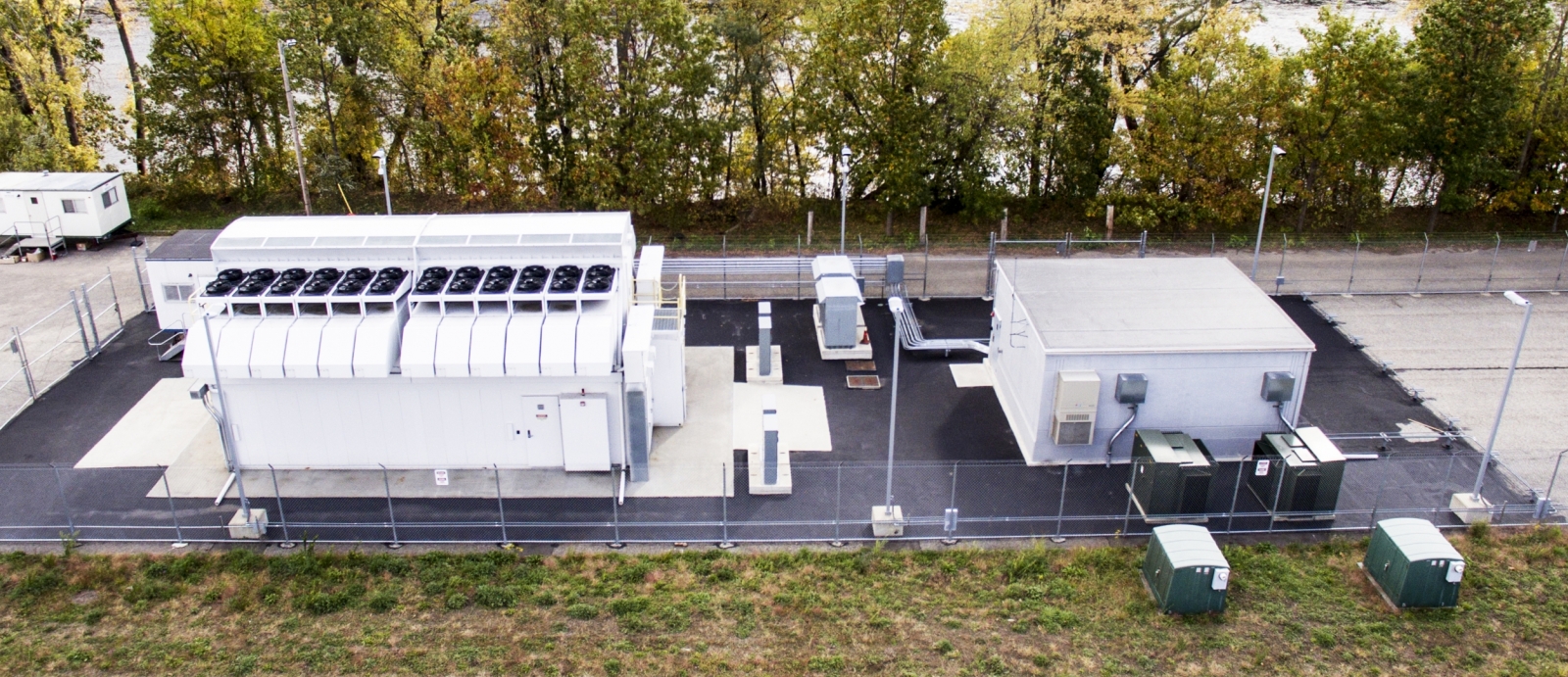
Lincoln Laboratory Supercomputing Center
The Lincoln Laboratory Supercomputing Center (LLSC) staff are advancing the capabilities of our supercomputing system by developing new technologies to improve the system's performance. The center provides interactive, on-demand parallel computing that allows researchers from across the Laboratory to augment the processing power of their desktop systems in order to process large sets of sensor data, create high-fidelity simulations, and develop new algorithms. We are also collaborating with researchers from MIT on several supercomputing initiatives.
Featured Projects
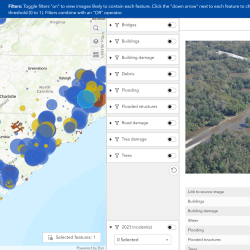
Multi-label Dataset and Classifiers for Low-Altitude Disaster Imagery

Healthcare-Based Multimodal Recovery Prediction for the Servicemember
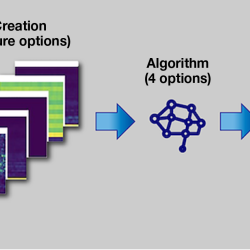
Combining Neural Networks and Histogram Layers for Underwater Target Classification
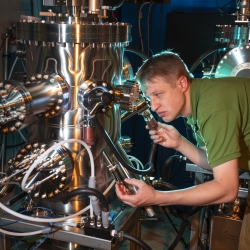
Materials by Design
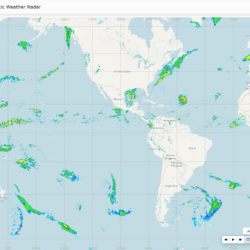
Global Synthetic Weather Radar
Latest News
Laboratory Stories
Guillermo Morales
Advancing Our Research
Featured Publications
A deep learning-based velocity dealiasing algorithm derived from the WSR-88D open radar product generator
Detecting pathogen exposure during the non-symptomatic incubation period using physiological data: proof of concept in non-human primates
GraphChallenge.org triangle counting performance [e-print]
Our Staff
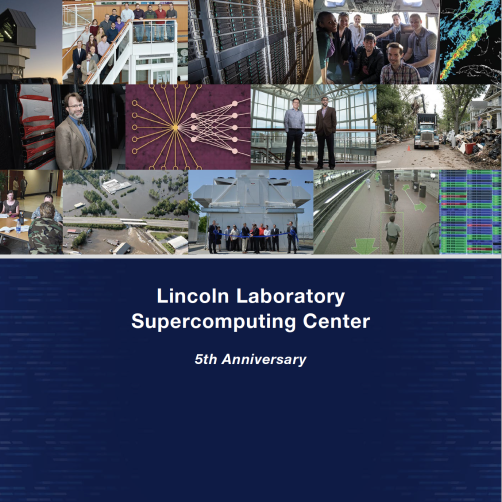
LLSC 5th Anniversary Book
The Lincoln Laboratory Supercomputing Center celebrated a significant anniversary in 2021, marking five years of the center's mission to enhance the computing power available to the Laboratory, MIT, and other researchers. This book compiles articles that highlight the LLSC's impact over these years and the potential of supercomputing to advance science and engineering.
